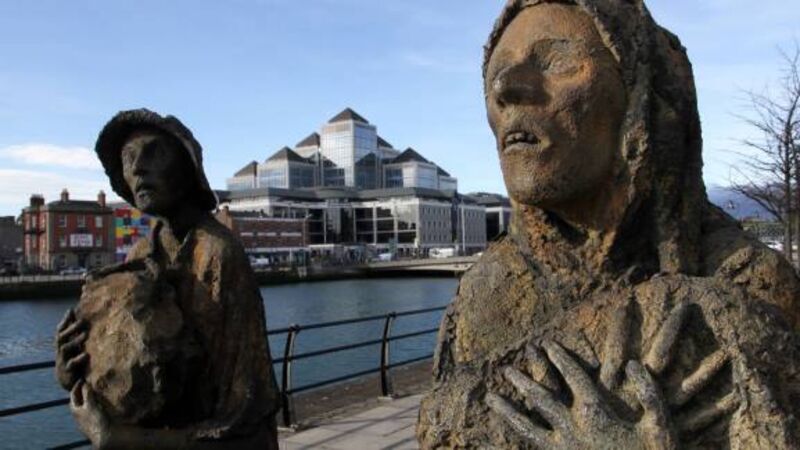Time to recall our Famine heroes

As chair of the National Famine Commemoration Committee, I am frequently humbled by the level of respect and empathy that Irish people — at home and abroad — have for the victims of the greatest tragedy in our history: The Great Irish Famine.
The Famine casts a shadow to this day. More than 1m people died and 1m more emigrated. The population of Ireland, close to 8.5m in 1845, fell to 6.6m by 1851. That decline continued for many decades. Every year, thousands of people attend both the Famine commemorations at home and abroad to remember the many who died and emigrated, and to reflect on the appalling events during this period.
















